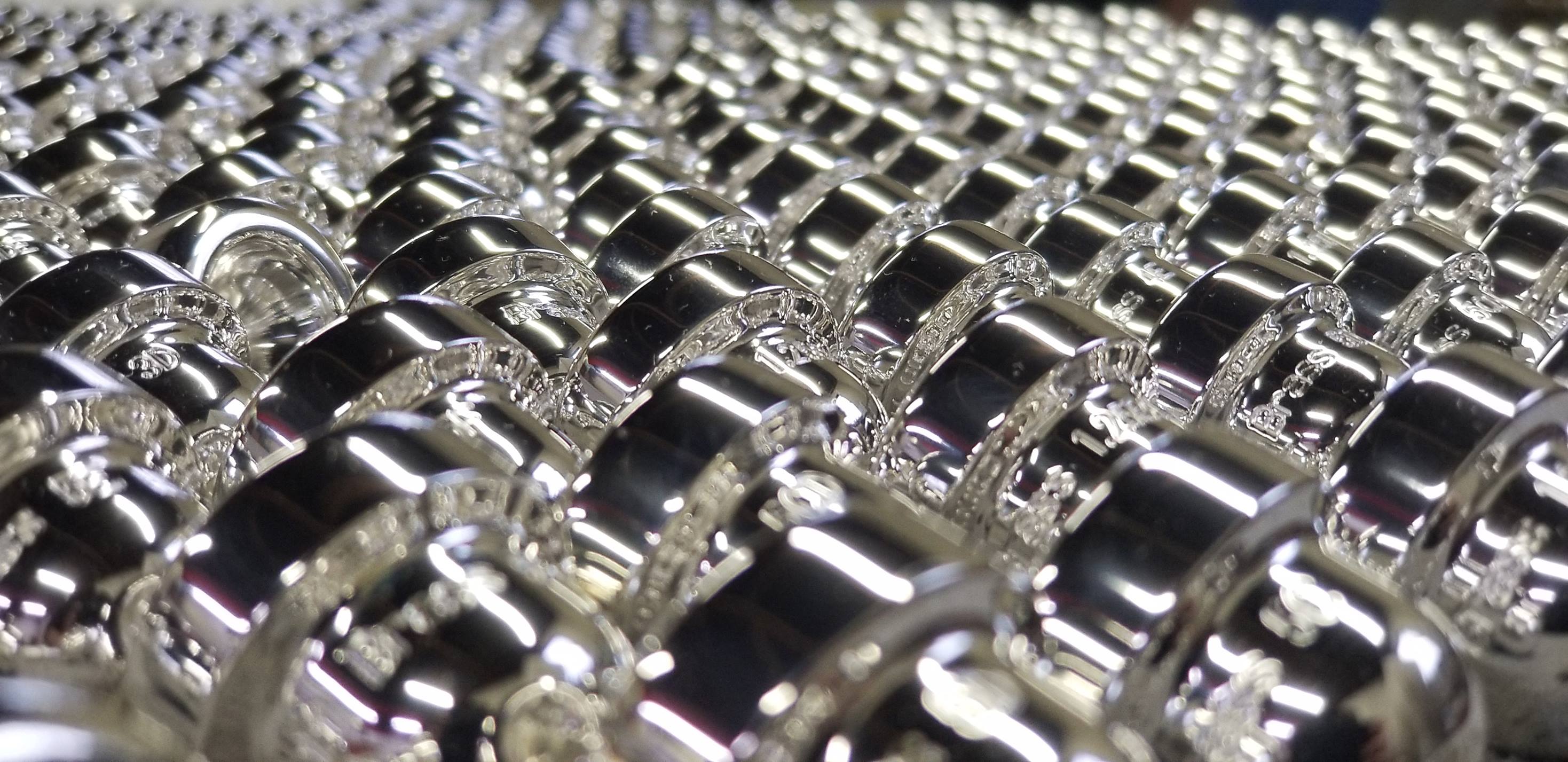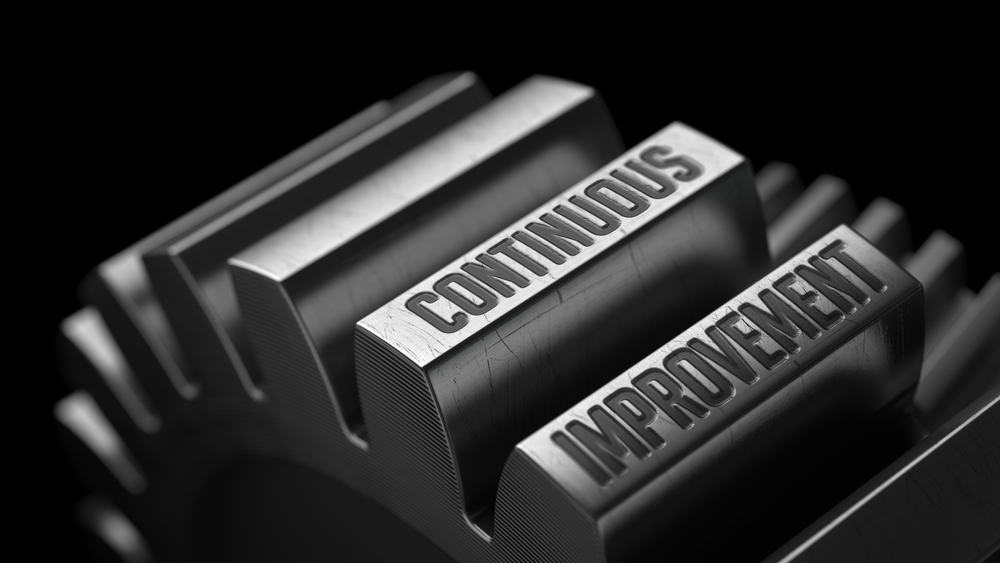How to Choose the Right Mouthpiece: A guide to asking the right questions.
(This guide is geared towards intermediate/advanced/professional players. For first time players, please refer to our Knowledge Base)
Posts about:

(This guide is geared towards intermediate/advanced/professional players. For first time players, please refer to our Knowledge Base)

It’s a cool, foggy morning in November here, the air is moist, and the sun is trying to peek through. What better way to start the day than to open all of the shop doors and wrap your hands around that warm mug of coffee.

Just pick one.

I am often asked “How do you know that you’re making accurate mouthpieces?” This a great question to ask any maker since small, imperceptible differences and deviations can have a huge impact on how a mouthpiece plays - ask any player. Let’s talk about how we do this.

Mindset!
Being mentally fragile is arguably the number-one hurdle to overcome for a successful trumpet performance. When entering the commercial world for the first time, I noticed that I was not prepared mentally or physically. When you are the only trumpet player onstage in front of thousands of people, you can’t afford to be timid. You must be confident in the abilities you have gained during the countless hours of practice and musical preparation. Symphonies and classical chamber groups around the nation are struggling financially, as are jazz ensembles and big bands. Yet commercial musicians always seem to find work. They are the “jack-of-all-trades” of the music business. A good commercial musician who can command many styles on his or her instrument will always be in demand. Specialists who can perform only one style are not hired as often and endure more financial struggles.

Our Pickett/Blackburn team has the privilege of having access to thousands of mouthpiece options. Below is a quick breakdown of our everyday mouthpieces and why we chose those models.

Hi everyone! My name is Ryon Bean and I am the newest member of the Pickett/Blackburn front-of-house team. I am a trombonist and I am looking forward to bolstering Pickett/Blackburn’s presence in the low brass world. I’m very excited to work with our low brass customers to ensure they receive the quality service and products that they need!

The thought of starting a brass instrument mouthpiece company never really crossed my mind, it just happened. That doesn’t seem possible, but only in hindsight does it look like a logical progression.

Throughout the years as a commercial trumpeter I have learned to adapt to changing music venues, sound engineers, and various horn sections. Be prepared for anything, and I mean anything during the sound check. On numerous occasions the vocalist, or another band member asks for the songs to be performed in a different key or arrangement the day of the gig. Common transpositions and using your ears to perform is key. Transposition skills are not just for classical musicians, it is for all musicians!

In today’s news, we see a lot about how ‘green’ a particular facility or overall business should be.